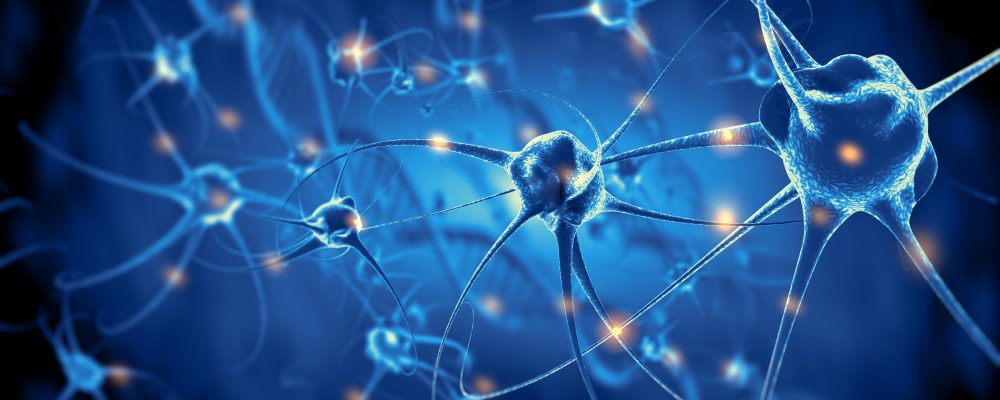

Consultant In Pain Management

Transcutaneous electrical nerve stimulation (TENS) is a method of pain relief involving the use of a mild electrical current.
TENS may be able to help reduce pain and muscle spasms caused by a wide range of conditions including:
A TENS machine is a small, battery-operated device that has leads connected to sticky pads called electrodes. You attach the pads directly to your skin. When the machine is switched on, small electrical impulses are delivered to the affected area of your body, which you feel as a tingling sensation. The electrical impulses can reduce the pain signals going to the spinal cord and brain, which may help relieve pain and relax muscles. They may also stimulate the production of endorphins, which are the body’s natural painkillers. The machine can be used continuously or intermittently throughout the day. The machine remains in your pocket and you can continue your general activity whilst the TENS machine is on. TENS isn’t a cure for pain and often only provides short-term relief while the TENS machine is being used. You need to place the pads as advised by the doctor before wearing your clothes and then the machine can be switched on. Never place the pads over: the front or sides of front neck, temples, mouth or eyes, chest and upper back at the same time, irritated, infected or broken skin, varicose veins, numb areas. Turn on the TENS machine when the pads are attached in the correct places. You’ll feel a slight tingling sensation pass through your skin.
TENS is a safe treatment with no side effects. Some people may be allergic to the pads.
Don’t use it without first seeking medical advice if:
Each injection can have different side-effects. Please refer to appropriate injections information leaflet in the section of treatments.
In situations where the pain is disabling severe and not allowing you to do the day-to-day chores, medications have proven inadequate to reduce the pain; injections are targeted to be given either under x-ray guidance or ultrasound guidance at the presumed sources of pain. Injections mainly consist of local anaesthetic with or without steroid. This works as anti-inflammatory at the source of pain.
Injections are not a permanent cure. Injections help by reducing the intensity of pain. The aim is to reduce pain and break the cycle of pain, allow you to carry out rigourous physiotherapy and help and healing. We may have to repeat injections in order to achieve the goals.
There are other injections available when nerves can be ablated (burnt) or we can apply what is called a radio-frequency lesioning at lower temperatures. These treatments have intermediate to long-term benefits and also work to reduce inflammation. These can be offered if the initial injection does not last long enough to follow on with strengthening Physiotherapy. These injections are not operations or permanent treatments. They are used to improve your condition of pain in order for you to carry out rehabilitative strengthening physiotherapy and come out of the vicious cycle of pain.
We can offer you Non-injection interventions such as acupuncture. We can introduce you to other means of self management of pain such as using a TENS machine . We have a modalities to offer at our clinic for example Medical yoga therapy, deep electrical muscle stimulation, TENS treatment. If the pain is unbearable, not responding to medications, or you do not want to try the non-invasive modalities ; we could offer you injection therapies.
You will have a detailed consultation, examination and then be given information and advice about your condition. We may also organise investigations. We may be able to prescribe you medication and give you details about how to manage pain and other interventional options can be discussed.
You will be reviewed only by MACS clinic senior Pain Consultants for your condition.
You could phone us On (020) 7078 4378 or 07868118976; from 9 am to 6 pm; to book an appointment. You could also email us on info@macsclinic.co.uk or you could also get in touch with us on our website www.macsclinic.co.uk
If your pain is very severe, not responding to over-the-counter painkillers you should contact your GP and get an appointment for review. If you are in severe disabling pain, unable to carry out any routine tasks, you could book an emergency appointment with your GP or go to the local A&E for a review.
Free video/face to face consultation
with consultant plastic surgeon
Please fill in your details and we will get back to you.